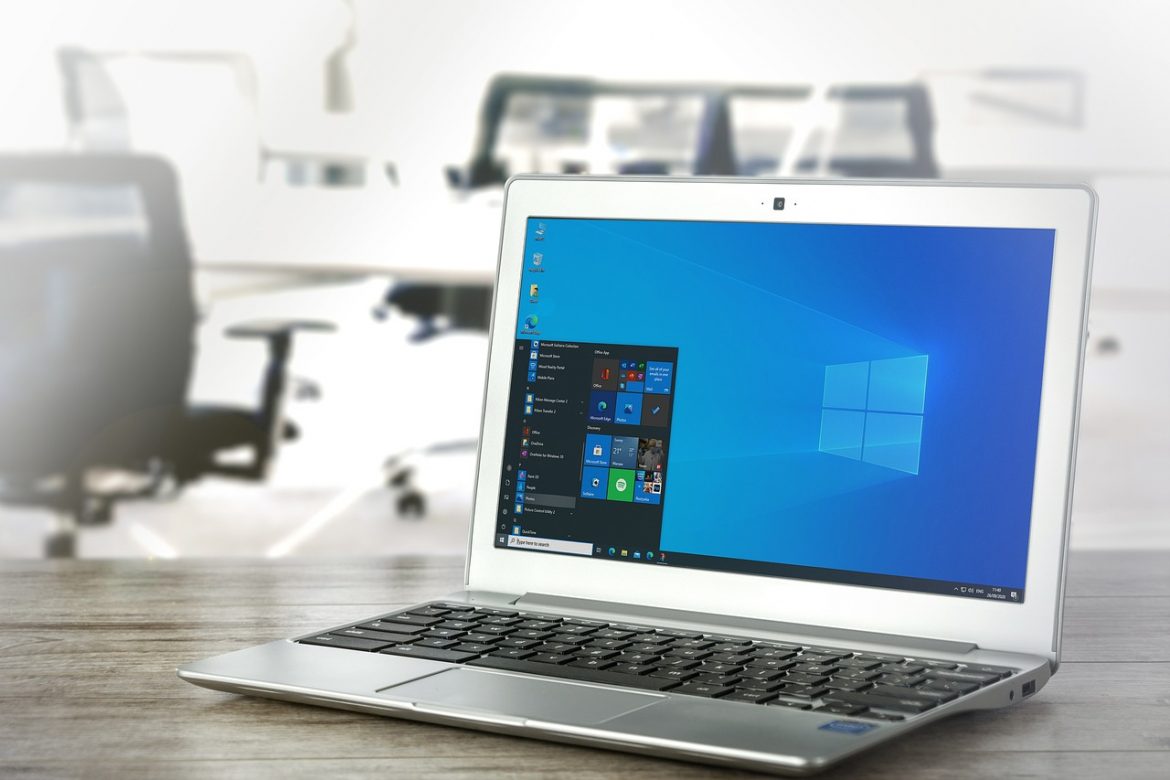The recent Windows 11 23H2 update has brought various enhancements and bug fixes to the operating system. However, despite the promising features, a number of users have reported a decline in performance post-installation. Although I haven’t personally encountered any noticeable performance issues after updating, several users have voiced concerns on Microsoft forums about reduced system performance, particularly while gaming.
One user, in particular, shared a workaround on Reddit, following Microsoft’s suggestion to enable CPU Virtualization in the BIOS settings and activate Memory Integrity under Core Isolation in Windows settings. These steps reportedly resolved the performance lag caused by the 23H2 update, bringing the system’s functionality back to its pre-update state.
However, the exact reasons behind this decline in performance following the 23H2 update remain unclear. Microsoft has not explicitly addressed the cause of this issue yet. Some speculate that it might be linked to the underlying changes introduced with features like Copilot, which are integrated into Windows.
While it’s unfortunate that users have to navigate through complex settings to restore their system’s performance, these steps might help if you’re experiencing similar issues. Nevertheless, adjusting BIOS settings and tweaking Windows configurations can be daunting for some users, and caution is advised when making such alterations.
If you’re facing a noticeable performance drop after the Windows 11 23H2 update, trying these fixes might restore your system’s functionality. Nonetheless, it’s advisable to proceed only if you’re comfortable making these adjustments to your PC’s settings.



